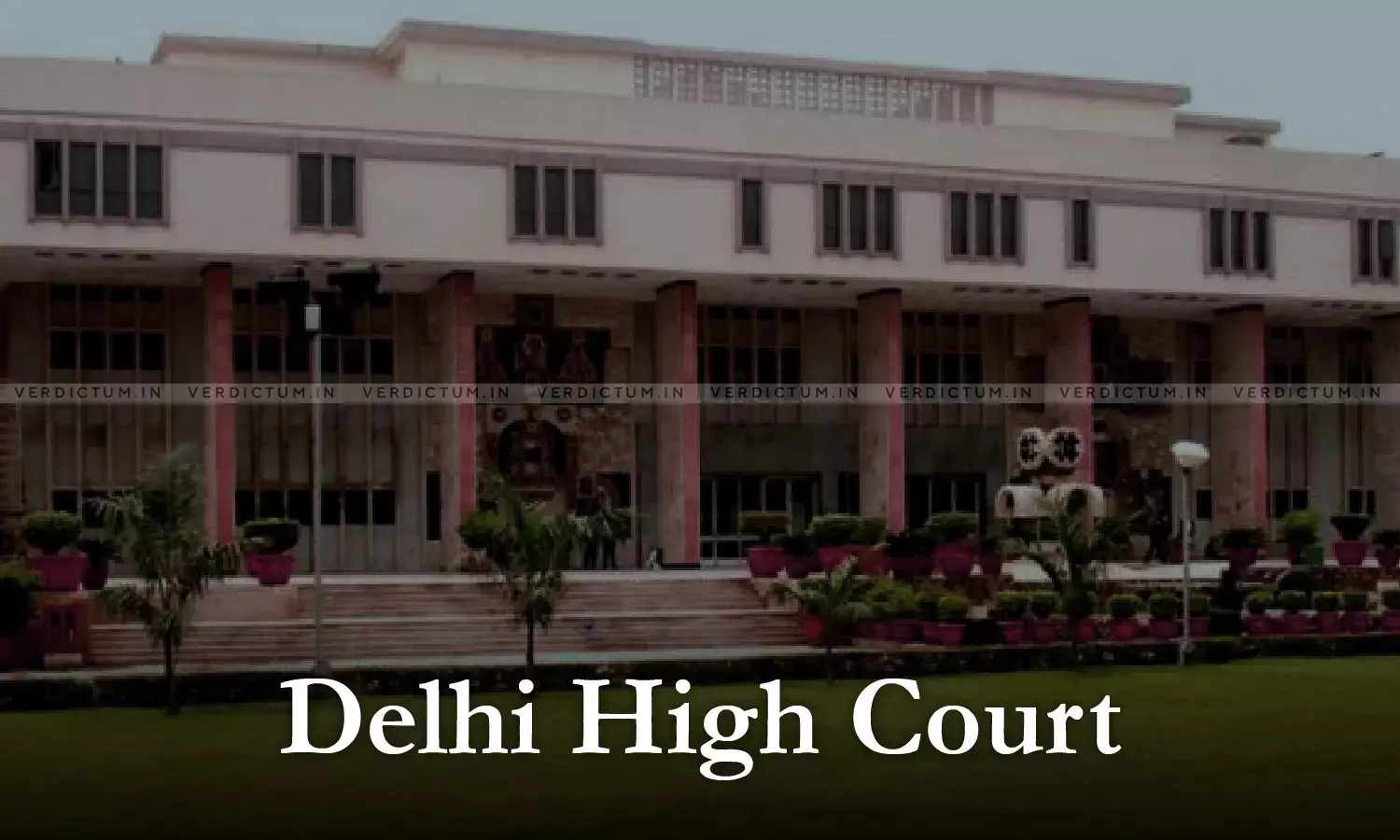Association Of Uphaar Tragedy Victims Opposes Suspension Of 7-Year Jail Term Of Ansals Before Delhi HC
Association of the Victims of Uphaar Tragedy (AVUT) on Thursday opposed before the Delhi High Court the release of real estate barons Sushil and Gopal Ansal in the Uphaar cinema evidence tampering case in which they have been convicted and sentenced to the seven-year jail term.
Senior Advocate Vikas Pahwa for AVUT told Justice Subramonium Prasad that he was ready for expeditious hearings on the appeals by the Ansal brothers against their conviction in the case and urged the judge to not suspend the sentence during its pendency before the Sessions Court.
The Senior Lawyer claimed that the Ansals were incorrigible and that the instant matter pertained to majesty of the law and obstruction of justice.
He contended that the petitioners tampered with evidence in conspiracy with court staff to seek the benefit of acquittal in the main Uphaar cinema trial and the accused persons cannot be allowed to take the law into their hands.
"The accused should not take law in their hands. If they (influential accused) start doing this (evidence tampering) in connivance with the court staff, what will happen? Suspension may not be given. I'm ready for expeditious hearing on appeals", Pahwa said.
The Senior Advocate opposed the grant of any relief to the petitioners on account of their old age and said that if the age is criteria then twenty-nine children died in this tragedy.
The Ansals had filed petitions before the high court for suspension of their seven-year jail terms in the evidence tampering case after a sessions court here, in December, rejected their plea to suspend the conviction by a magisterial court and refused to release them on bail.
Delhi police have opposed the petitions, arguing that the petitioners mutilated vital documents which formed part of the trial record in the main Uphaar cinema case, which forced the prosecution to record the secondary evidence in the main case and resulted in an enormous delay of trial court proceedings.
Special Public Prosecutor Dayan Krishnan had also claimed that the pandemic cannot be the basis to allow the prayers of the petitioners who no longer have the presumption of innocence in their favour.
Senior Advocate Arvind Nigam, representing Sushil Ansal, had contended that the mutilated documents were not even relevant to his culpability in the main Uphaar trial and his conviction in the evidence tampering case was a travesty of justice.
He had submitted that Sushil Ansal was over 80 years of age and suffered from various ailments.
Senior counsel Abhishek Manu Singhvi, appearing for Gopal Ansal, had also argued that his client was over 70 years of age and the court should exercise its wide and liberal discretion to release him.
The Court was also informed that in the main case, the petitioners were convicted and sentenced to a 2-year jail term by the Supreme Court which subsequently released them on payment of Rs 30 crore fine each after taking into account the prison time they had done.
While dismissing Ansals' plea for suspension of sentence till the appeal against the conviction by a magisterial court is decided, the Sessions Court had said that the case was one of the gravest of its kind and the offence appeared to be the outcome of a calculated design on the part of the convicts to interfere with the course of justice.
The Sessions Court had also refused to suspend the seven-year jail term each to former court staff Dinesh Chand Sharma and two others, P P Batra and Anoop Singh Karayat, in the case and release them on bail.
The tampering was detected for the first time on July 20, 2002, and when it was unearthed, a departmental enquiry was initiated against Sharma and he was suspended.
Later an enquiry was conducted and he was terminated from services on June 25, 2004.
The magisterial court had also imposed a fine of Rs 2.25 crore each on the Ansals apart from imposing a seven-year term in the case.
The case was lodged on the direction of the Delhi High Court while hearing a petition by AVUT chairperson Neelam Krishnamoorthy.
The matter would be heard next on January 25.
With PTI inputs












